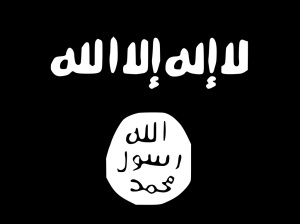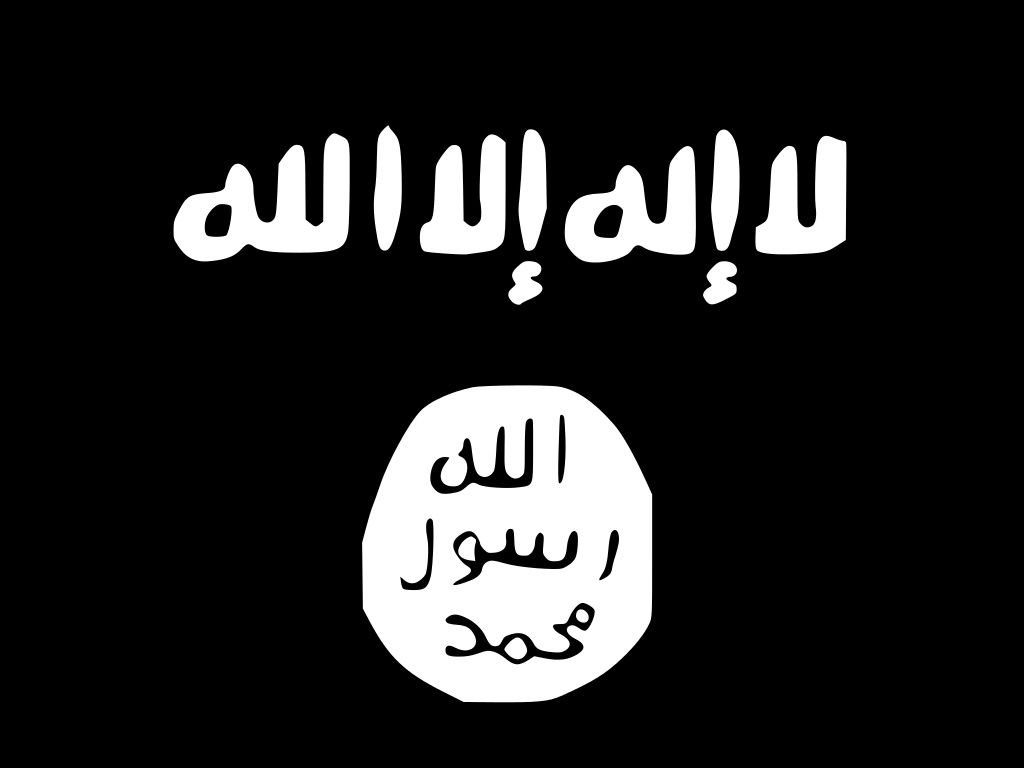The Middle East is generally regarded as the mysterious Orient with culture, religion, and language starkly contrasting that of the West. Especially for Westerners, it takes a thorough knowledge of the region to complete accurate assessments of its issues. The most recent crisis in Syria and Iraq has captured the world’s undivided attention. The Islamic State of Iraq and Syria, otherwise known as ISIS, is an Islamic group that aspires to impose harsh interpretation of the Islamic law (Sharia) through political control of the region. They have an overarching goal of establishing a global Caliphate. These Sunni sectarians have committed all kinds of crimes against humanity. The past few months have seen mass killing, public beheading, and instances of human trafficking to the Yazidi. Most of these crimes have targeted Shia’ Muslim, Christian as well as other faith groups of Iraq and Syria. The Sunni sectarians have also been destroying sacred and historic places in an attempt to cleanse the region.

Tempting it may be to present quick and simple explanations to the cause and motivation of ISIS and similar groups, as the media often does, it is extremely myopic to assess Syria and Iraq in isolation. Let us do what the mainstream media does not and look further, past the immediate consequences of the actions of ISIS. I once read an interesting essay titled ‘Empathizing with Saddam,” which I believe made me attentive to the mindset of irrational leaders and actors in foreign relations. ISIS emerged as a result of the 2003 war on Iraq by the US and other western nations to topple Saddam Hussein and clear the country of weapons of mass destruction. The loss of lives and property as a result of the war scarred the Iraqi population and left them feeling victimized. Through such traumatic experiences, many Iraqis lost faith in diplomacy and reason. They became more like to drift towards religious fundamentalism and extremism. ISIS and other Islamist groups then used these severely demoralized populations as a breeding ground for their destructive ideologies and as recruitment platforms for their political ambitions.
Those running their own political agendas in the name of Islam are called Islamists, a term that well fits the ISIS. The ISIS uses the religious conviction of Muslims to further its own cause. Through the struggle to live a holy life, every Muslim is called a mujahedeen (noun of jihad). These groups, however, propagate the belief that Jihad is a holy war waged to enforce the divine will. This runs contrary to Islam. It does not take a thorough a knowledge of the Abrahamic faiths to know that, in such belief systems, war can never be considered holy. This is not to say that, in Islam, war may not be considered just. However, war cannot be a spiritual act. Peoples’ strong convictions, coupled with ignorance of the Qur’an, makes them susceptible to these kinds of politically-pointed, non-faith-based ideologies held by Islamist groups such as ISIS.
The fact that significant amounts of people joined and continue to join ISIS does not make the ISIS any less wrong. Enforcing Islam as a constitution on a national level takes away the faith aspect; people start “following” the religion not because they want to, but because they have to. Peoples’ roles in willfully following a faith are completely dismissed and instead replaced by authoritarian governance that enforces laws that once were left to free will. Though the media conveniently presents easy “answers” to complex questions as these, and current situations seem to enforce the stereotypes and skewed media coverage, I urge everyone to look holistically into ISIS’ actions and religious fundamentalism in general rather than to accept simplistic narratives offered by various media sources.
